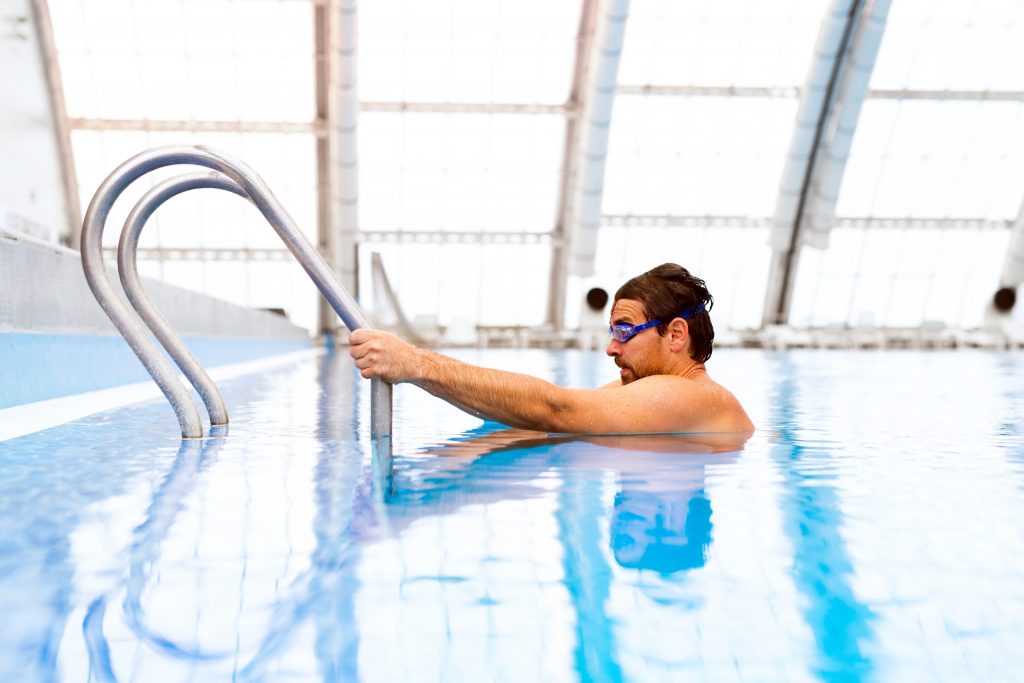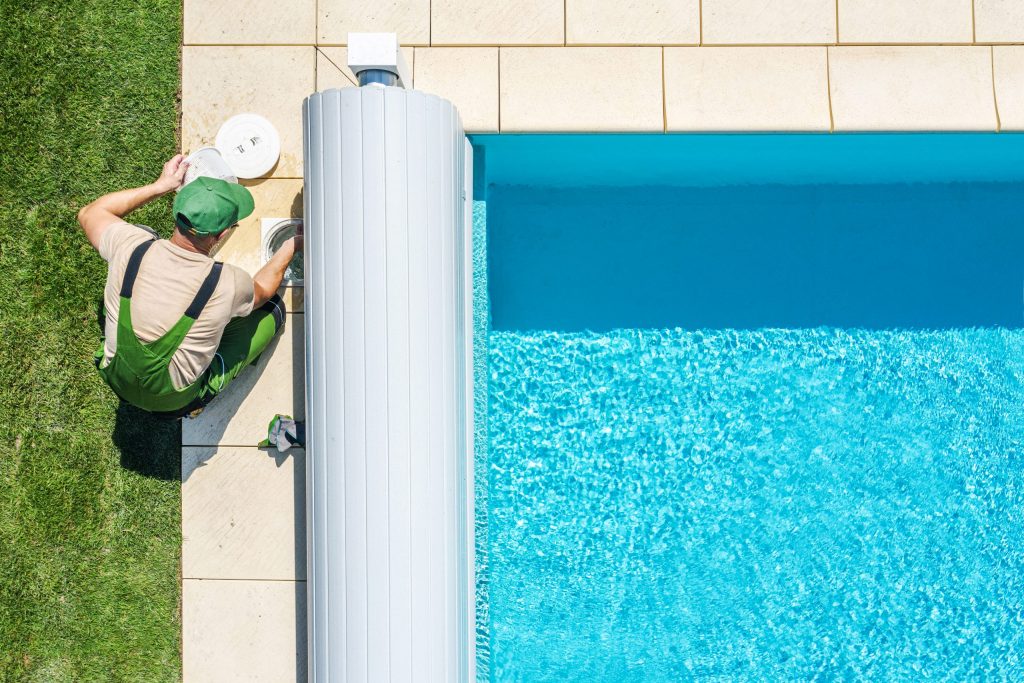Pool Service Technician Essentials – Assuring Water Clarity
Good water clarity is the result of proper filtration, circulation, and chemical treatment of a swimming pool or spa. Pool clarity is important not only because it looks nice, but to ensure that people can see swimmers in distress and the presence and security of suction covers. If you are planning on becoming a pool service technician, you must be able to diagnose and fix water clarity issues that may arise.
What is Water Clarity and Turbidity?
Water clarity is a qualitative, subjective term that varies from observer to observer. Turbidity, on the other hand, is a quantitative measurement of the amount of suspended matter in the water. Clarity and turbidity have a reverse relationship – the more turbidity, the less clear the water. The two types of equipment used to measure turbidity are called a nephelometer or a turbidimeter.
How is Water Turbidity Measured?
The CPO® program teaches those who may want to be a pool service technician that NSFI recommends the pool water turbidity should not exceed 0.5 Nephelometer Turbidity Units (NTUs) or 0.2 Jackson Turbidity Units (JTUs). However, for times during peak user loading, turbidity should not exceed 1.0 NTU and the pool filtration system should be capable of returning this water to 0.5 NTUs within 8 hours after peak use.
A pool at 0.6 NTUs is visibly turbid and levels approaching or higher than 1.9 are unacceptable for swimmers. Most state and local codes include a reference to the NSFI standards for water clarity. Several states do not allow turbidity to exceed 0.5 NTUs.
In the absence of a nephelometer or turbidimeter, common methods of noting water clarity include being able to see the pool drain clearly from the pool deck and being able to see a two-inch disk with black and red quadrants through 15 feet of water. It’s important to make sure the pool’s main drain cover, as well as any suction cover, is properly attached and not damaged before opening a pool. A visual inspection of the main drain cover requires the pool to be clear. While visual inspections can help, you will need to know how to properly measure turbidity as a pool service technician.
Pool Filters
Water is cleansed mechanically by the passage of water through the filter media to remove suspended particles. This movement is accomplished by the swimming pool or spa’s circulation system. Failure to remove the suspended matter can result in unhealthy and unsafe water while increasing the consumption of pool chemicals. It is your job as a pool service technician to ensure this doesn’t happen.
An important consideration in pool water management is the flow rate of the water through a filter, also known as the filter media rate (FMR). When a pool is designed, the flow rate is determined by the need to obtain adequate dilution based on how that pool will be put into use. Once the design flow rate has been determined, the FMR is used to calculate the minimum filter area. The filter area is the surface area of filter media through which the water flows. By matching the correct filter area to the amount of water that must pass through the filter to achieve the proper turnover rate, the quality of the water can be assured.
Pool Service Technician
The best way to learn about residential and commercial pool care is through CPO® certification. Pool Operation Management offers award-winning CPO® certification courses to give you the most comprehensive education in everything involved with pool operation. Over a two-day pool course or during online training, our experienced professionals will not only help you get certified, but you will acquire real-world knowledge to aid you in your career of pool operation.
We also offer professional pool maintenance for both residential and commercial pools, pool operation consulting, and can even act as an expert witness in pool-related legal cases. To start your CPO® certification courses or use our many services, contact Pool Operation Management today.








